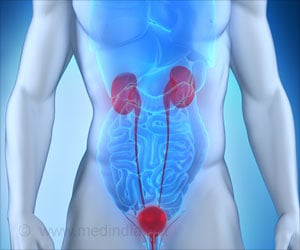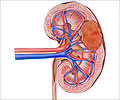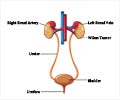Frequently Asked Questions
1. Which doctor should I consult for undergoing nephrectomy?You should consult a surgeon such as an Urologist.
2. Why should I have a kidney removed?
You might have your kidney removed if it is damaged due to disease, injury or infections. Other reasons for kidney removal include cancer or if you opt to be a kidney donor for transplantation.
3. What is the difference between simple and radical nephrectomy?
Simple nephrectomy is a procedure where the kidney alone is removed without removing any other issues like the fat or lymph nodes around the kidney. It is done for benign conditions of the kidney. Whereas radical nephrectomy is done for cancerous conditions of the kidney. The adjoining tissues including the fat, lymph nodes and adrenal gland are also removed. The idea of a radical surgery in cancer is not to leave behind any cancerous cells that may bring back the disease.
Both these surgeries can be done either with an open approach where a 10 to 15 cms incision is used or by using a minimally invasive laparoscopic approach or using a robot.
4. How is partial nephrectomy performed?
Partial nephrectomy too can be performed by an open approach or by using a minimally invasive laparoscopic approach or by using a robotic.
5. How long does nephrectomy surgery take?
Simple nephrectomy will take 2 to 3 hours whereas an experienced surgeon can do it laparoscopic or by robotic approach in the same time. Partial or radical nephrectomy takes another 1 to 2 hours depending on the size of the tumor.
6. How long will I take to recover from a nephrectomy surgery?
It will generally take 2 to 4 weeks to recover after an open nephrectomy, after which you can return to work and perform other daily activities.
If done using a minimally invasive approach recovery is faster and the requirement of pain killers in a lot less. Some can return to work after a week or 10 days and others may take a little longer. Sometimes it take much longer to recover from the after-effects of the anesthesia.
7. Does donor nephrectomy have any long term risks?
Generally a donor is well evaluated before the kidney is removed and the long-term risks of living with one kidney are not greater than the normal population. However, in countries where the incidence of diabetes or hypertension are higher, a young donor may have greater long-term risks but this has not been quantified by scientific studies due to lack of data from these countries.












